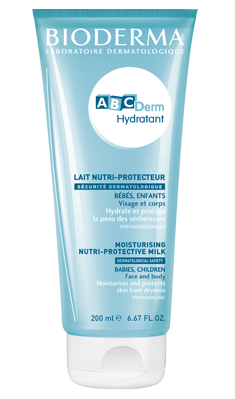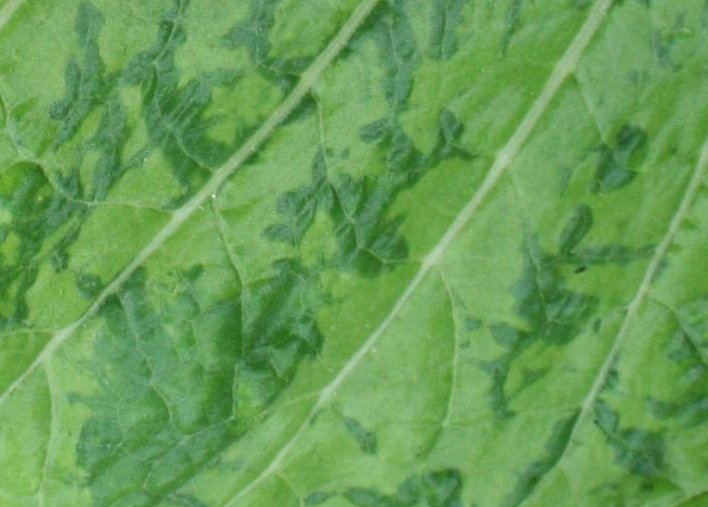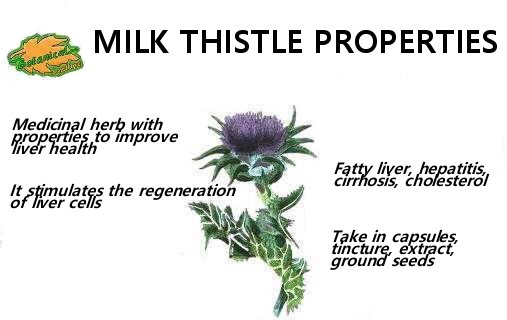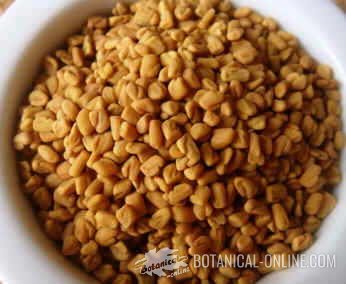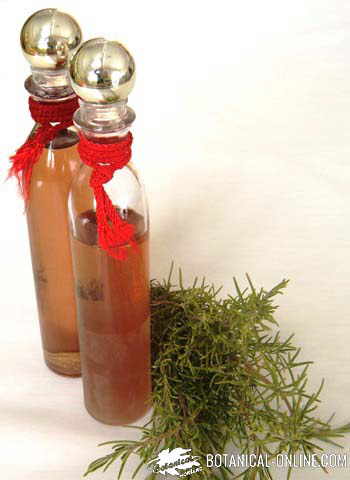Contents
Diets and foods that harm acne or cause the appearance of pimples
DIETS AND FOODS THAT PRODUCE ACNE
Can eating certain foods cause acne?
Food has been shown to play an important role in the appearance and especially in the severity of juvenile acne. Almost everyone has acne at some time in their life, and it is socially accepted as a part of youth. But this common affectation is very rare in human populations that do not yet follow a western diet (“western diet“), which could be a clear indication of the relationship between diet and acne.
There are many studies on the relationship between certain foods and types of diets that are recommended to avoid because they cause or exacerbate acne. There are also other foods, capable of helping to mitigate the symptoms, which should be consumed in greater quantities.
That is why more and more dermatologists are incorporating certain nutritional guidelines in their acne treatments.
ADDED SUGARS AND ACNE
Low glycemic index diet to improve acne
It is scientifically proven that a diet with a high glycemic index exacerbates the manifestations of acne. The glycemic index – and the glycemic load or amount of carbohydrate that a food contains and its absorption rate – determines the amount of insulin that is in the blood after eating a food. Too much insulin aggravates acne, because this hormone increases the seborrhea of the skin.
What foods have a high glycemic index?

The body produces a lot of insulin when you eat large amounts of carbohydrates, especially simple sugars, which are very quickly absorbed.
Therefore, products with added sugars and a lot of flour should be avoided.
In addition, these foods also increase the levels of other hormones such as IGF-1, whose elevated levels are also related to greater severity of acne.
Many young people with acne consume these products daily, which contributes greatly to aggravating their situation: sugary cereals, sugary drinks, pastries, sugary yogurts, sugary juices, fruit nectars, pasta, chocolates, cookies, muffins, snacks, sugary desserts such as custards, jams, etc.
Does fruit have a lot of sugar and should they be reduced?
Fruit is recommended and it is false that they are foods with a lot of sugar. In addition to having much less sugar than industrial products, its absorption, nutritional composition and metabolism are far from these, so it cannot be considered an equivalent product.
What is not recommended is to eat the fruit in juices, from processed foods, such as jams (neither homemade jams), industrial nectars, etc.
Is removing bread recommended to improve acne?
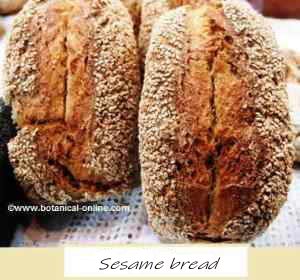
Bread is a food rich in complex carbohydrates. Theoretically, “complex” carbohydrates are absorbed more slowly than sugars and therefore do not produce a very high insulin spike. However, this is not exactly the case. Bread is a refined food (made with flour) and the absorption of its carbohydrates is quite fast, since it is practically lacking in fiber and, being refined, the enzymes easily penetrate the food (greater contact surface), breaking down the starch and quickly breaking it down into sugars.
Therefore, bread can greatly increase the glycemic load of meals and therefore the insulin response. For example, when eating a large sandwich, or accompanying meals with bread.
Can it be eaten with bread?
The main problem or drawback of bread consumption is that it is usually eaten in too much quantity or of poor quality (white or mold bread). It would be advisable to reduce its consumption, that is, eat it for example at breakfast, but not at all meals of the day.
It is also recommended to consume wholemeal bread, which is the one that has been made with wholemeal flours. Moreover, it has had a long fermentation (generally it has to be ordered in traditional bakeries).
Another recommendation is not to combine it with foods that contain starches, such as potatoes, rice, corn or cassava, nor the sugary foods mentioned above.
ACNE AND ITS RELATIONSHIP WITH MILK AND DAIRY
Why does milk cause more acne?
The relationship between acne and the consumption of milk and dairy products, such as yogurt, dairy desserts and cheeses, seems to be quite clear. The reason why dairy intensifies acne is explained by several reasons. Mainly, because its consumption increases the levels of the hormones that cause acne, which are insulin and IGF-1. The higher your levels, the more acne.
Is skim milk recommended for acne?
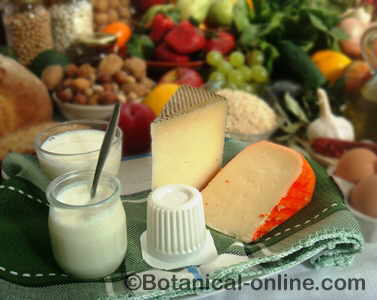
At first it was thought that the relationship between dairy and acne was due to the fats in dairy, but it is currently known that it is not, since it has been observed that acne also worsens when skimmed milk is consumed.
It seems that the role of dairy in exacerbating acne is due to its sugar content and its hormonal role.
Hormonal effects of dairy
It has been observed that the consumption of milk increases between 10 and 20% the levels of the hormone IGF-1. In children, this elevation can be higher and reach a 30% increase in levels.
These hormones are strongly related to other disorders such as being overweight (excess body fat) and polycystic ovary syndrome (PCOS), which often lead to acne.
Another cause of the link between dairy and acne is that most supermarket dairy products contain added sugars. In addition to what has been said about the high glycemic index, we must not forget that sugar has a hormonal effect, by increasing insulin (which is a hormone). Examples of these products would be: chocolate milk, many dairy desserts such as custard, flavored or fruit yogurts, drinkable yogurt, chocolates, brioches, etc., in addition to lactose itself (milk sugar).
Is it recommended to remove dairy to cure acne?
In case of mild acne, it is recommended to start by reducing the consumption of foods rich in sugars, and on the subject of dairy products, start by reducing their consumption, only in the event that their consumption is excessive.
Although they are nutritious foods, it might be interesting for people with severe acne to withdraw from dairy, at least for a few weeks. They should evaluate if when they take these again they notice a worsening of the symptoms, or if taking them less frequently or excluding them from their diet benefits them. This does not mean that dairy is bad for everyone.
It is recommended to remove dairy products with added sugars (in any healthy diet), since they are not interesting nutritionally, and they can also lead to problems such as tooth decay, diabetes and childhood obesity. (Please note: “skimmed” does not mean that it does not contain sugar. Unprocessed dairy products are the most suitable: cheese, yogurt, milk).
What about non-cow dairy?
All dairy types, in greater or lesser amounts, produce an increase in the aforementioned hormones, regardless of the animal they come from.
How to substitute dairy without missing calcium and protein?
There are many options to substitute dairy without generating protein or calcium deficiencies in the diet. The most common substitutes are:
| DAIRY | CAN BE REPLACED BY: |
| Milk | |
| Yogurt |
|
| Cheese | |
Dairy not recommended:
| Other foods rich in calcium:
|
![]() More information on natural acne treatment
More information on natural acne treatment


